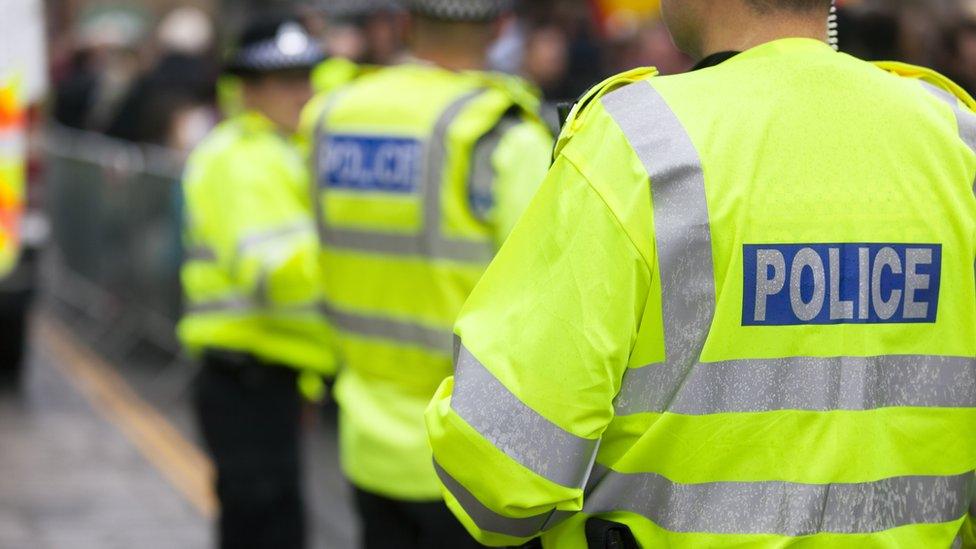Police must check all officers and staff by end of March
- Published
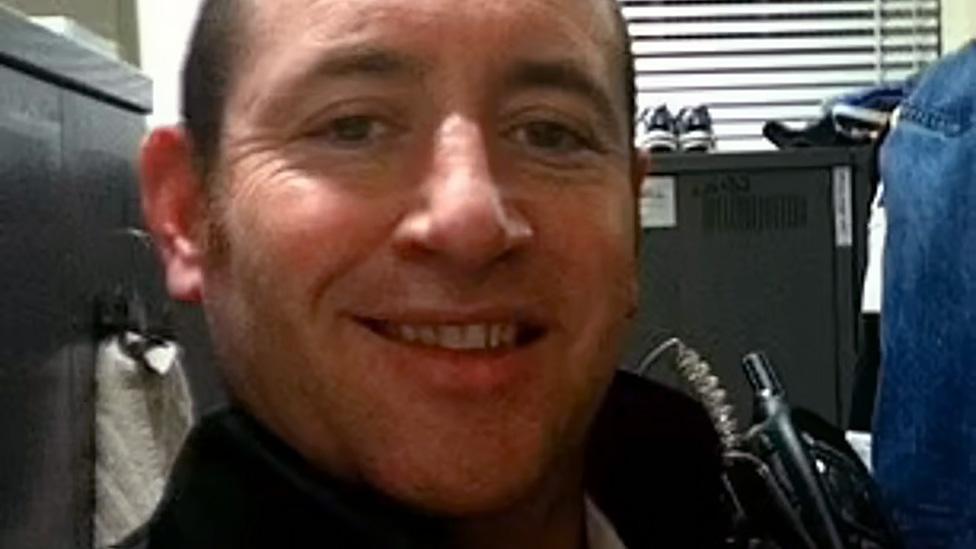
David Carrick is due to be sentenced in February
Police forces in England and Wales have been told to check all their officers against national databases by 31 March.
This week the Home Office demanded checks after the case of David Carrick, who admitted dozens of rapes and sexual offences as a Met Police officer.
The National Police Chief's Council (NPCC) wrote to chief constables on Friday asking them to take "immediate action" and check officers and staff.
Forces should identify all cases for further investigation by September.
Carrick, 48, was officially sacked by his force on Tuesday after pleading guilty to 49 offences against 12 women over two decades.
NPCC chairman Martin Hewitt said the "horrific and abhorrent" case had further damaged the confidence of women and girls in the police and they deserved better.
He said: "Words will not rebuild confidence, only action and the public seeing the results of that action.
"Checks of all officers and staff will ensure we are turning over every stone in our efforts to rid policing of abusers and corrupt individuals. I know the dedicated, professional majority in policing will support this action."
He added the NPCC, which works with police forces on staffing, said it had also asked the Home Office to work with them to develop technology to allow forces to carry out regular automated checks on their staff.
On Wednesday, Prime Minister Rishi Sunak said Carrick's crimes were an "absolutely despicable" abuse of power which needed to be "addressed immediately".
Following the case, senior officers warned trust in policing was "hanging by a thread".
Lucy D'Orsi, chief constable of British Transport Police (BTP), said the Carrick case had kept her awake at night and called for major reforms to vetting procedures.
She called for new checks to automatically flag if an arrested person is a police officer, warning that under the current system DNA and prints are not checked against police databases for matches.
The Met confirmed Carrick came to the attention of police over nine incidents, including rape allegations, between 2000 and 2021.
He used his status as a police officer to continue offending until October 2021 when a victim came forward to report him.
The Home Office has also launched a review of the police disciplinary system.
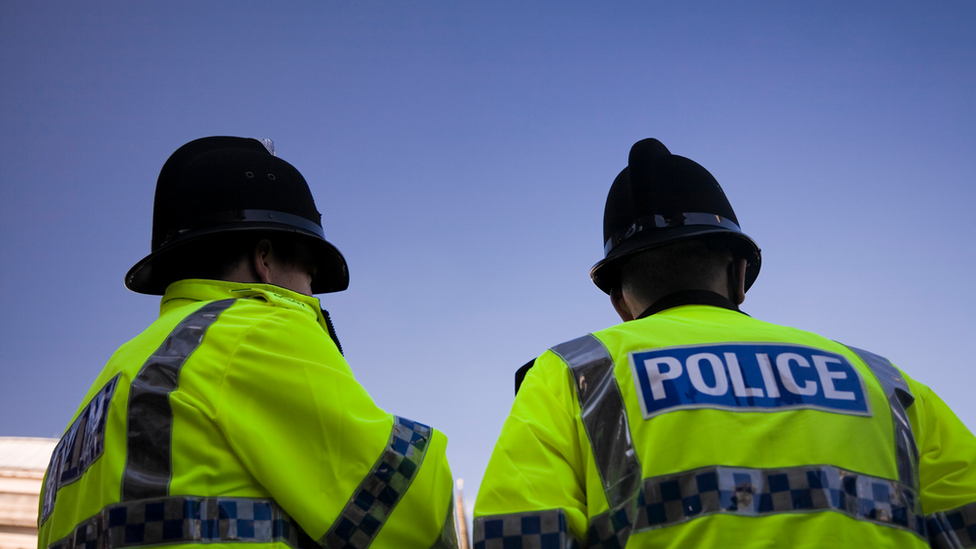
The prime minister called on police to restore public confidence
The current guidelines for checking applicants when they join a police force were set in 2006 and require a series of background checks that look at everything from past convictions, behaviour of family and friends, or financial problems that may leave an applicant open to corruption.
The College of Policing introduced the national guidelines to ensure all forces in England, Wales and Northern Ireland were checking new recruits in the same way.
Then in 2019 the police watchdog, Her Majesty's Inspectorate for Constabulary, Fire and Rescue Services, gave all forces in those three nations a deadline of July 2020 to retrospectively vet all their officers and staff to those 2006 guidelines, no matter how long they had been serving.
That deadline passed and in 2021, the BBC's File on Four programme checked with the forces whether it had been complied with - and revealed that a quarter had not met the deadline.

DRY JANUARY: How to make the tastiest alcohol-free cocktails
SECRET GENIUS: What tech is inside your bank card?

Related topics
- Published19 January 2023
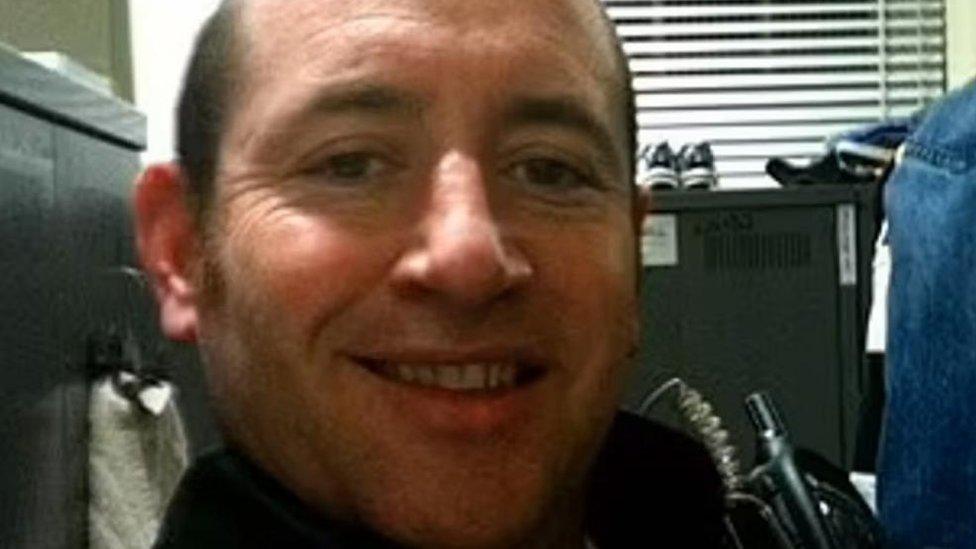
- Published18 January 2023

- Published18 January 2023
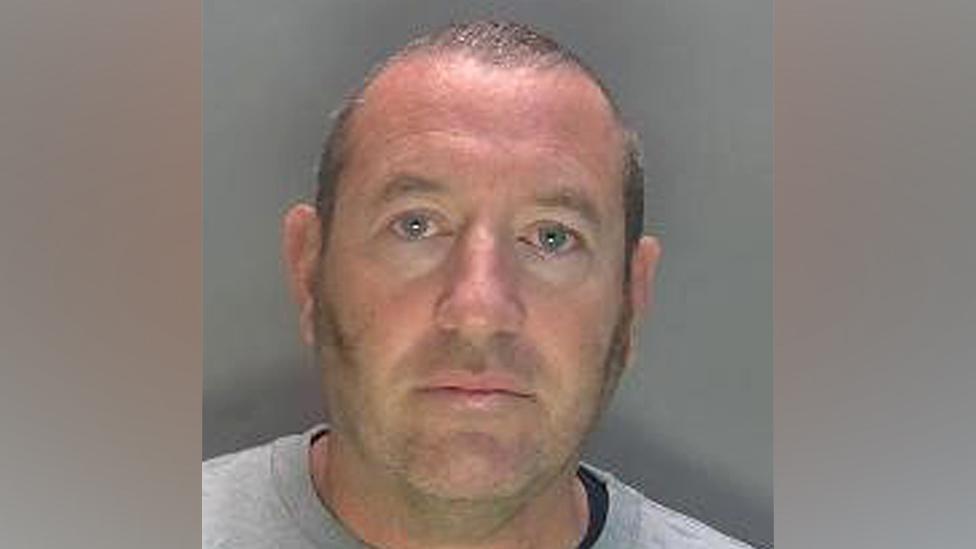
- Published17 January 2023

- Published16 January 2023
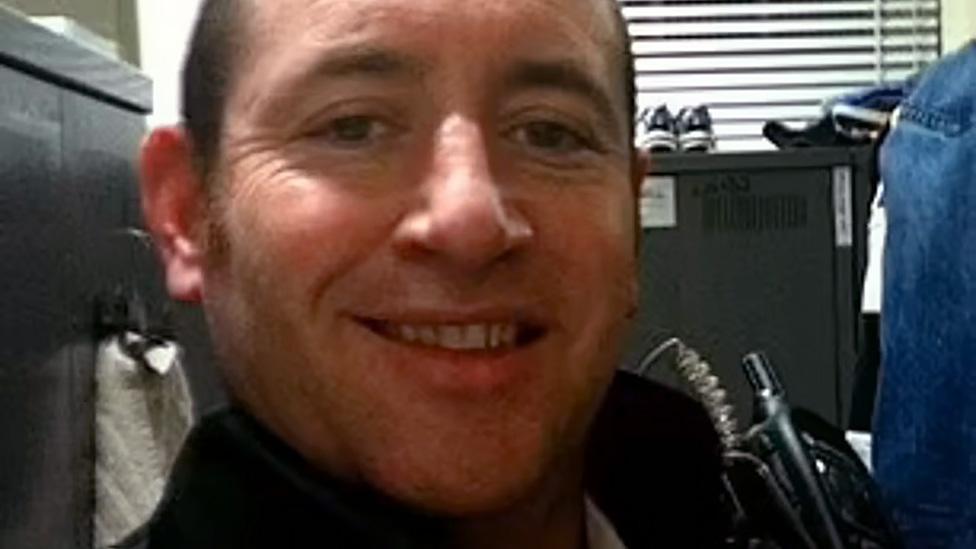
- Published16 January 2023

- Published16 November 2021
